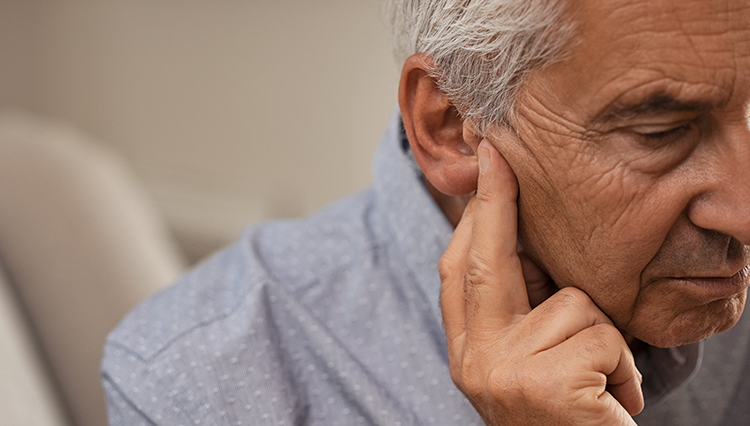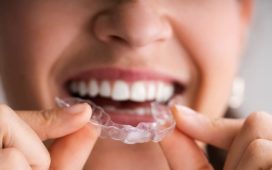Hearing loss can occur at any age due to many reasons. It can also be a defect by birth; many people suffer from hearing loss while hearing loss due to old age is common hearing loss can be of three types conductive, sensory neural, and mixed (combination of both).
Symptoms of hearing loss can be muffling of speech and other sounds, difficulty in understanding words, frequently asking others to speak loud and slowly and clearly. The person with this problem needs to turn up the volume of tv and other mobile devices, withdrawal from conversations, and avoiding conversations and social gatherings due to not understanding words clearly.
Hearing loss can occur due to damage to the inner ear by aging and exposure to loud noises, which cause damage to nerve cells, gradual buildup of earwax, and not proper cleaning of the ear canal can also cause hearing problems. Similarly, infections and abnormal mass growth or bone growth can also cause hearing loss and rupture in the eardrum by poking, sudden change in pressure or loud noise can also be the reason for hearing loss. It also can be heredity. Hearing loss can be prevented by protecting ears, having hearing tests, avoiding recreational risks, and cleaning them properly.
Hearing problems in children
It was thought that hearing problem only occurs in aged people. However, research by the US centers for disease control and prevention suggests that over 12% of American children aged between 6 to19 years have hearing loss by a loud noise which is permanent in almost 5% of children. The hearing problem in children can be genetic. While it can also occur in a child with healthy parents with no hearing loss history due to loud noise, the buildup of wax, otitis media (infection of the middle ear), excessive secretion of mucus in the Eustachian tube by cold, and damage to the eardrum by insertion of a foreign object in the ear. Children’s ears are sensitive and can be easily damaged by loud sounds and prolonged use of music like rock and pop. It can be prevented by avoiding loud sounds, music, and proper cleaning, care, and checkup.
Hearing problems in adults
Hearing loss in adults is increasing over time. According to WHO, by 2050, nearly 2.5 billion people are projected to have some degree of hearing problems. Over 1 billion young adults are at the risk of permanent hearing loss or ear damage due to unsafe listing practices. The principal cause for hearing loss in adults is exposure to loud noise due to work or hearing loud music frequently. Ototoxic medication and work-related ototoxic chemicals are also some of the reasons. Neutral deficiencies, viral infections, and delayed onset or progressive genetic hearing loss can also occur in adults. Hearing loss can be prevented by immunization, proper care of ears, genetic counseling, safe listening, and rational use of medicines to treat hearing problems related to ototoxicity.
Hearing problems in elderly
Age-related hearing loss is prevalent in the elderly. Approximately 1 in 3 people in the US between age 65 to 74 have hearing problems. Many factors contribute to hearing loss due to old age, like long-term exposure to noise and loud sounds, high blood pressure, diabetes, toxic medication, and autoimmune disease. Hearing loss due to aging can be prevented and treated to some extent by proper care of ear health and by the help of hearing aid devices. Symptoms of hearing loss or impaired hearing are similar in people of every age. However, in the elderly, it can easily cause anxiety and depression.
Hearing loss is very well-known, yet it can be prevented and treated by proper health care, cleaning, and safe listening practices.







